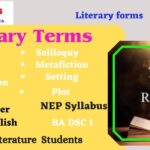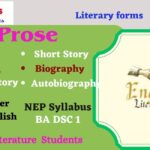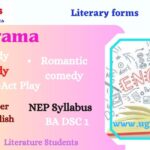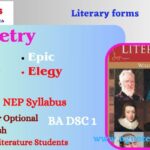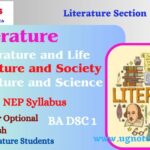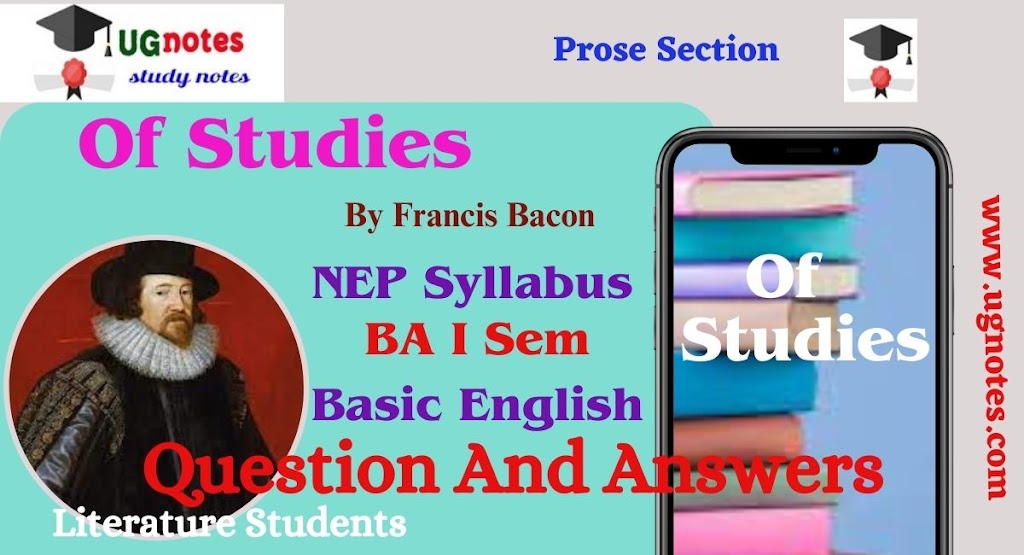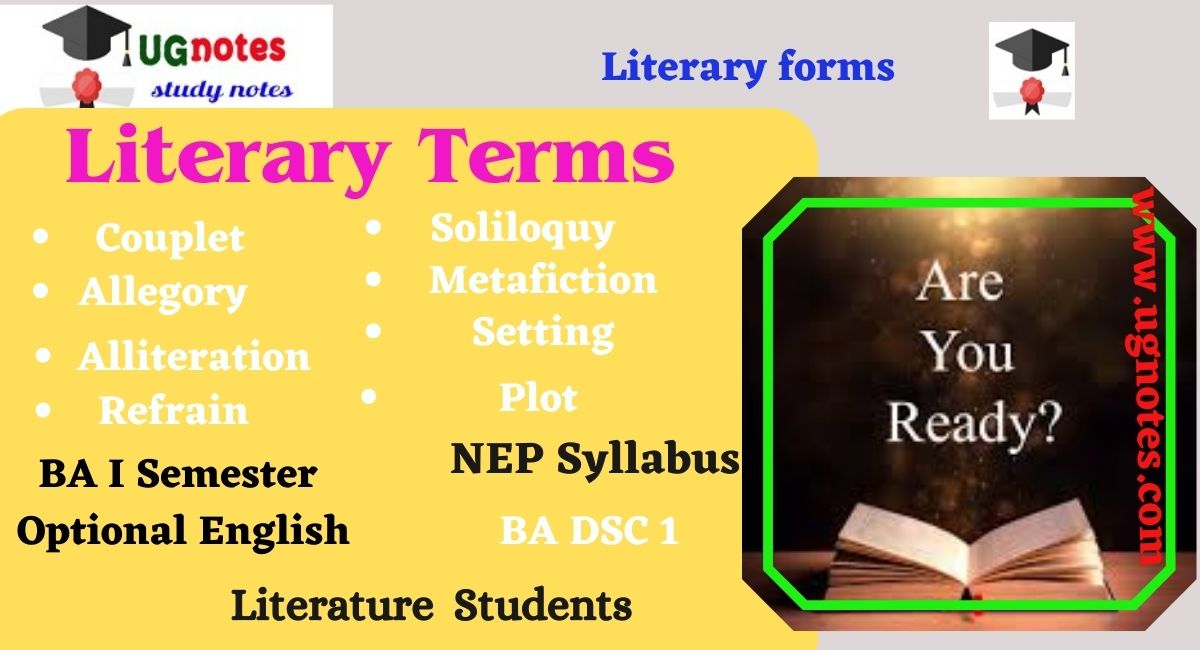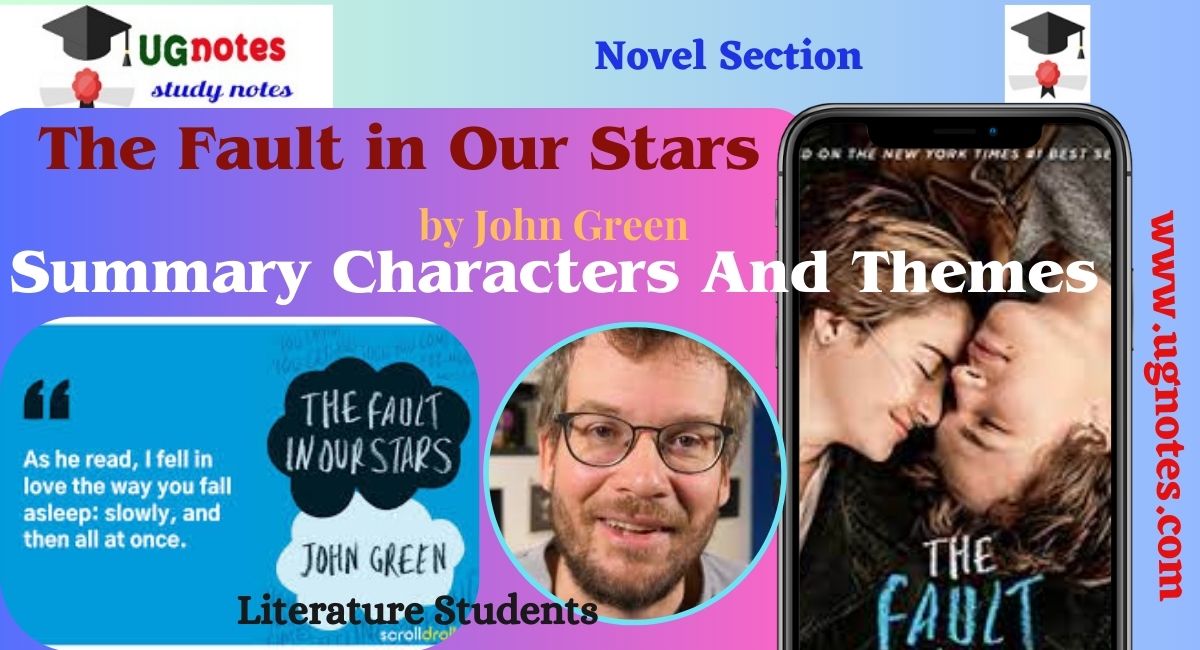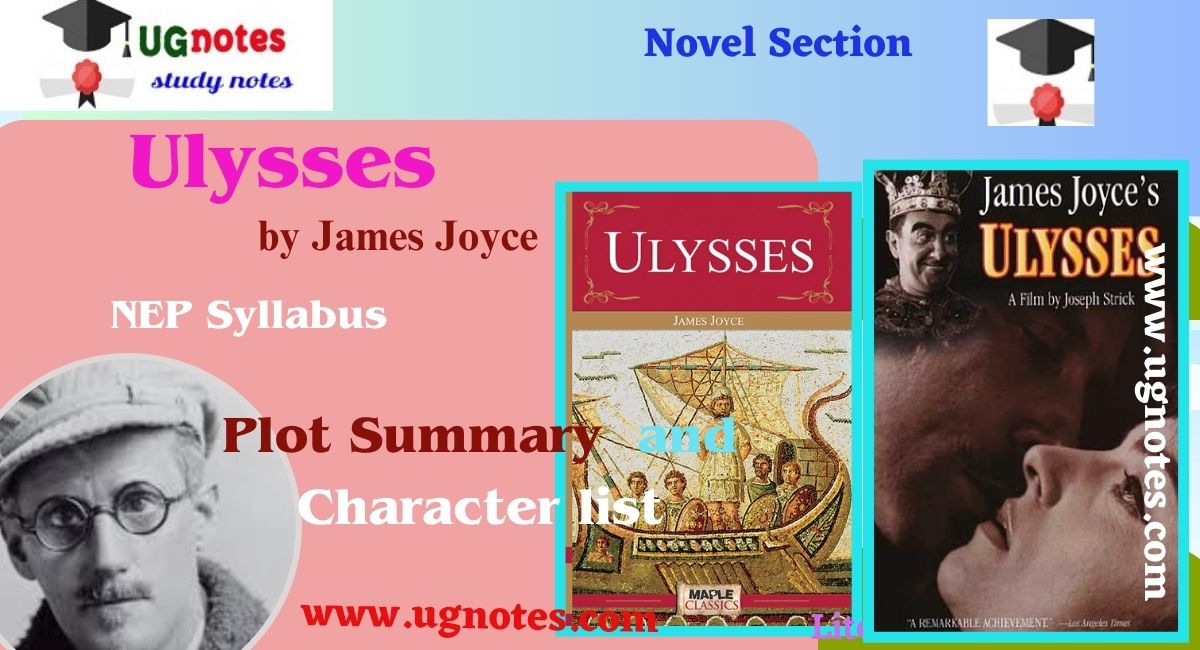BA I Semester Basic English NEP Syllabus
Gulbaraga University Gulbraga, Raichur University, NEP
Study Questions and Answers
Of Studies by Francis Bacon
Summary and Theme
1. Theme: Of Studies. OR Summary: Of Studies. OR Serve for delight, for ornament, and for ability.
Ans. Francis Bacon encourages studies but at the same time , he wants that (i) too much study leads to laziness (ii) if one uses once knowledge too often in conversation with others, then one is showing off and (iii) to be guided solely ones studies one becomes a scholar rather than a practical man.
Francis Bacon’s argument about the value of studies is that studies are wonderful only if influenced by experience because a person’s natural abilities are enhanced by studies, but studies without experience lead to confusion.
According to Francis Bacon’s tricky man, he condemns education; stupid man admire education; but wise men use education as their real-world experience dictates. He wants the educated man not to use his education to argue unnecessarily with others, not to assume that education always leads to the correct behaviour or understanding, and not to use education merely to force conversation with others. Rather, Francis Bacon argues that in education, some books should be tasted, some books should be read, but their advice is ignored; other books should be swallowed, meaning they are ignored completely; and a few books are to be chewed and digested, which is understood perfectly and used to guide behaviour. In addition, Francis Bacon advises that some books can be read but others, who take notes, can substitute for reading an entire book but these books should be those that cover less important subjects.
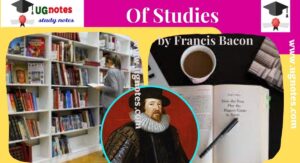
Francis Bacon comes back to addressing the effects of reading conversation and writing. He also says that if
a man writes very little then he must have a huge memory to compensate for what he is not writing. If a man cannot converse properly then he must be very quick witted and if he doesn’t read much he needs to be able to fake it to pretend that he knows more than the others.
2 What, according to Bacon, are the uses of study?
Ans. Francis Bacon is one of the greatest writers of English prose. His earliest work of importance was the Essays. The language is simple, brief, and clear. As Bacon says, ―his essays are to be chewed and digested‖. Bacon explains that there are three uses of study. We get three types of benefits from studies. First it gives us delight. In our leisure time and in privacy, we can spend our time reading books, which give us both enjoyment and education. Secondly, reading helps us to speak and communicate with people more efficiently. Thirdly studies help us to deal with our problems of life more effectively. We can make good judgement of matters and issues. Studies help professional experts to deal successfully with particular cases.
This essay deals with different kinds of books and their effect on the reader. The uses of studies are classified by Bacon under three heads – the use of studies for delight; the use of studies for ornament and the use of studies for ability. Bacon also gives us some excellent advice as to why or how one should read. He tells us that different studies have varied effects on the human mind. various mental defects can be remedied by various kinds of studies. The need of experience to supplement and perfect studies has duly been emphasized in the essay. Bacon
would not be satisfied with more bookish knowledge. The wisdom won by experience is as necessary as the wisdom gained from books.
According to Bacon, all books are not to be read in the same manner. There are different types of books, and Bacon tells us how we may approach each type of book. There are some books to be read in parts, so we may skip through the pages. Some books are to be read completely. But these books need not be studied well. We can read them out of curiosity. But some other books are to be studied carefully and digested because their form and content are very important and useful for us in our practical lives. Again, some other books are to be read by deputies because the matter is very small.
3. What remedies does Bacon suggest for deficiencies in some of the mental faculties?
Ans. Bacon tells us how studies cure the diseases of our mind. Reading makes a person up-to-date. Every subject has its‘ own value for the reader. History helps us to enhance our wisdom. Poetry makes us imaginative. Mathematics helps to acquire subtlety. Natural philosophy makes us deep. On the other hand, moral philosophy gives us gravity. Logic and rhetoric promote the power of debate and argument. Thus, studies reform our character and make us more civilized. Studies can cure diseases of the mind just as physical exercises cure defects of the body. For example, bowling is good for the kidneys; shooting is good for the lungs; and walking is good for digestion.
Similarly mathematics is a strong cure for mind wandering. Scholastic philosophy is good for muddle thinking. The study of law is an effective medicine for bad memory. Bacon prescribes some rules of study. We should not read just to contradict or argue with others. We should not blindly believe whatever we study in the books. We should keep an open mind. Bacon wants lovers of books to use their critical judgement and to evaluate impartially opinions of the authors.
Bacon says that the way a particular physical exercise is appropriate for a distinct disease of the body, similarly, proper studies can improve intelligence. For instance, for a distracted mind, mathematics would be suitable to improve concentration. While doing mathematics, we need to focus. If the mind wanders at the moment, then it would spoil everything. Thus, it is a practice to do a particular task with focus. If the mind finds it hard to differentiate between matters, then studying the philosophers and theologians of the Middle Ages would be beneficial, as we consider them for their logical distinctions. Studying lawyers‘ cases would be the right thing to do if one wants to improve their reasoning skills. So, for such flaws of mind, reading has the solution.
Short Question and Answers:
1. What are the main benefits of studying in the essay ‘Of Studies’ by Francis Bacon?
Ans. According to greatest essayist Francis Bacon, the many benefits of study are delight, ornament and
ability.
2. What does Bacon mean by ‘Studies serve for delight’ in his essay ‘Of Studies’?
Ans. According to Francis Bacon, ‘delight’ means to get joy or pleasure. So, studies serve to get joy or pleasure. Like, we study books to get pleasure and amusement.
3. What Bacon means studies serve for ornament in his essay Of Studies?
Ans. According to Bacon, ornament means to beautify. So, studies serve to beautify the use of language, either spoken or written. Studies improve our use of language.
4. What does Bacon mean studies serve for ability in his essay of studies?
Ans. According to Bacon, ability here means the ability to work with counsel, to judge, and to decide. So, studies serve to improve trade knowledge, counselling, judgment, and decision-making.

